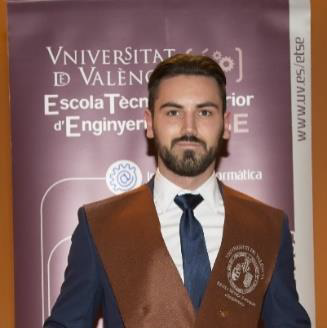Cellulose nanocrystals (CNCs) are nanomaterials with unique mechanical, physical, and chemical properties, which makes them suitable for materials such as films and foams. To tap into the potential of CNCs and develop materials with tailored properties and expanded applications, it is essential to overcome existing challenges. These include surface-specific chemical modification, detailed analysis of functional groups, and maintaining CNC water dispersion stability without aggregation. This doctoral thesis addresses these challenges by investigating the role of sulfate half-ester groups present on CNC surfaces in the oxidative modification of CNCs using a chemical and enzymatic reactant. Moreover, the thesis explores the properties of CNC networks in water suspensions and as a part of gel matrices. The results reveal that sulfate half-ester groups, that are negatively charged and bulky groups, have varied effects on oxidation reactions, accentuating the necessity of considering functional groups when working with nanomaterials. Furthermore, the thesis emphasizes the importance of analyzing both solid and soluble products for accurate conclusions. The work presented herein also illustrates methods to modify the CNC-CNC interaction, principally governed by sulfate half-ester groups. The findings of this thesis will contribute to the advancement of CNC modifications and understanding of the mechanisms underlying CNC network formation. This will aid in the development of green nanotechnologies rooted in nature’s renewable resources.
Keywords: CNCs modification, periodate oxidation, enzymatic oxidation, rheological properties of CNCs, colloidal stability, trivalent cations, co-solvents, CNC gelatin-stabilized emulsions


